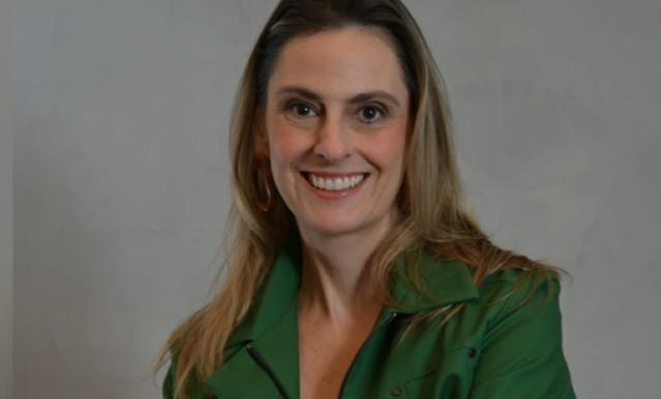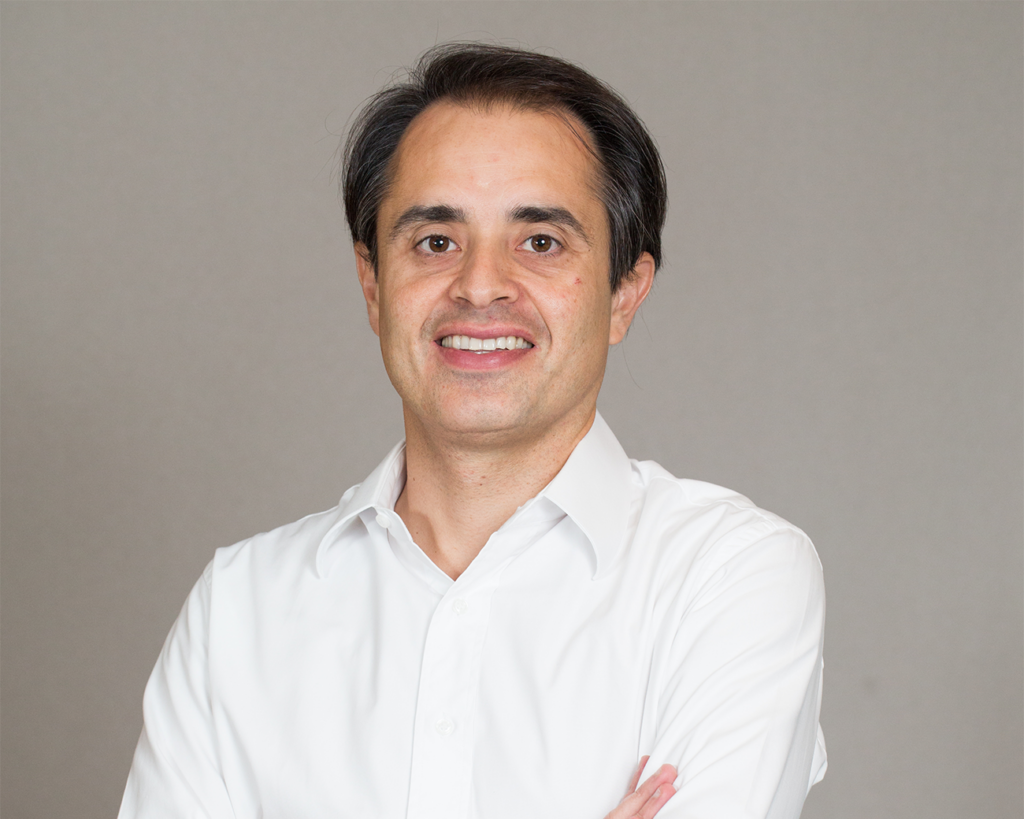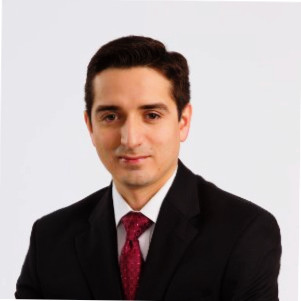Member Profiles
Piero Minardi, Managing Director, Brazil, Warburg Pincus
28 January 2015

LAVCA interviewed Piero Minardi who recently joined Warburg Pincus as Managing Director in Brazil to discuss his new role and the latest opportunities in energy in Latin America.
LAVCA: Please provide some background on Warburg Pincus. When was it founded? How many funds do you operate? What is your AUM?
Minardi: Warburg Pincus LLC is a leading global private equity firm focused on growth investing. The firm has more than $35 billion in assets under management. The firm’s active portfolio of more than 120 companies is highly diversified by stage, sector and geography. Warburg Pincus is an experienced partner to management teams seeking to build durable companies with sustainable value. Founded in 1966, Warburg Pincus has raised 14 private equity funds, which have invested more than $50 billion in over 720 companies in more than 35 countries.
Warburg Pincus invests in the consumer, industrial and services (CIS), energy, financial services, healthcare, and technology, media and telecommunications (TMT) sectors.
The firm is headquartered in New York with offices in Amsterdam, Beijing, Frankfurt, Hong Kong, London, Luxembourg, Mumbai, Mauritius, San Francisco, São Paulo and Shanghai.
LAVCA: What is your background? When did you join Warburg Pincus and what factors led you to join the firm?
Minardi: After working in the private equity industry for over 15 years, I recently joined Warburg Pincus in November of 2014. Before that, for eight years, I was a partner at Brazil-based Gávea Investimentos, where I helped start its Private Equity Operations. I also worked for five years for Darby Overseas in São Paulo, as well as Barings Private Equity Partners.
Warburg Pincus’ model and global network was important to me. In my experience, the major difference between working at an international firm rather than a local firm is the breadth of knowledge and experience available across the network. Those global resources are invaluable to our portfolio companies, particularly if those companies are looking to expand their businesses beyond Brazil.
Some important changes happened along the years that helped the private equity industry to grow in Brazil. Among them, I would point to the growth of the Novo Mercado in the Bovespa, which has been an important way out for private equity investments, and legal changes such as the new bankruptcy law and private arbitration being accepted by the Supreme Court. All these factors worked in favor of the industry and helped in creating a stable and solid environment for private equity investments in Brazil.
LAVCA: Why is Brazil an important market for Warburg Pincus? What other countries are of interest in the region?
Minardi:We opened this office in 2010. Brazil was then, and remains the largest market in Latin America with the most mature and proven private equity industry in the region. At the time, competition for deals was fierce, but Warburg Pincus saw multiple long-term opportunities for a private equity manager to build relationships and ultimately invest in the region. The firm’s fund structure, size and flexibility enabled Warburg Pincus to be patient and wait for the right opportunities, including the execution of our first deal after opening the office, Omega Energia Renovável S.A., an early-stage developer of small hydro power and wind projects, and Banco Indusval & Partners, a commercial bank serving SMEs, shortly thereafter. Since then, we have also focused on the financial services, consumer/retail, and logistics sectors. Most recently, we invested in Sequoia Logistica, which is one of Brazil’s leading contract logistics operators focused on the fashion retail and e-commerce sectors.
From a regional perspective, our energy focus is top of mind. A number of countries in Latin America present interesting energy investment opportunities across the value chain – upstream, midstream and power. We are spending considerable time looking at potential upstream opportunities in Colombia, Brazil and Peru, and more recently Mexico, given the historic opening up of the energy sector in that country. In addition, we are evaluating opportunities both in the midstream sector, including storage terminals as well as a few power investments in those countries.
LAVCA: Do you have a mandate to do a certain number of deals or deploy a certain amount of capital in the region each year? How does the slowdown in GDP growth in Latin America impact the private equity outlook?
Minardi: Warburg Pincus’ model enables the firm to invest without allocation pressure or targets. The firm has plenty of capital as it is currently investing from one global fund, Warburg Pincus Private Equity XI, L.P., which is an $11.2 billion fund, and Warburg Pincus Energy, L.P., which is a $4 billion companion fund.
While slowdowns are challenging and can create tougher markets for debt refinancing and exits, consolidation locally and across the region will bring opportunities for private equity.
LAVCA: Warburg Pincus just closed an energy fund – how does the recent shift in energy prices impact the fund’s strategy?
Minardi: Our fundamental philosophy on energy investing remains unchanged but we do adapt our strategies to the market cycles and conditions. Dislocations create interesting investment opportunities and we’re fortunate to have plenty of available capital.
LAVCA: How is the firm structured in terms of investment strategy? Do teams actively work together across the globe?
Minardi: Warburg Pincus is a globally-integrated partnership and follows a “one firm” approach. Warburg Pincus’ global footprint includes approximately 180 investment professionals in the Americas, Europe and Asia. Investment activity is led by local teams with deep understanding of market dynamics. An example of cross-border collaboration centers around our investment in Dudalina S.A., a shirt manufacturer which recently announced its merger with Restoque Comércio e Confecções De Roupas S.A. (Bovespa: LLIS3). Our colleagues in India, who were studying an investment in Biba, a New Delhi-based leading designer, manufacturer and retailer of women’s ethnic apparel, spent a fair amount of time with the Brazil team to understand the market dynamics surrounding Dudalina, which the firm ultimately invested in.
LAVCA: What are some of your most recent investments? What unique actions are you taking to add value to these companies from an operational standpoint?
Minardi: I’ve touched on Dudalina S.A., now Restoque, and Sequoia Logistica. Another recent investment is Pet Center Comércio e Participações S.A., a specialist pet retailer. During the first year of partnering with the management team, we have helped the company in many fronts such as rebranding as part of its strategy to expand outside of São Paulo. We also work intensively in creating better controls and internal processes to support and accelerate the growth plan we will be implementing.
LAVCA: Why did you join LAVCA?
Minardi: LAVCA has an important role in developing private equity across the region, working in conjunction with the local associations such as ABVCAP. As a global private equity firm we value LAVCA’s role and hope to support its evolution.
You may be interested in...
-

Luciana Antonini Ribeiro, eB Capital
Executive: Luciana Antonini Ribeiro, Co-Founder and CIO Member Name: eB Capital Year...
-

Cristiano Gioia Lauretti, Kinea Private Equity
Member: Kinea Executive: Cristiano Gioia Lauretti, Head of Private Equity HQ: São...
-

Maria Pia Iannariello, MGM Innova Capital
LAVCA recently spoke with Maria Pia Iannariello, Co-Founder & COO of MGM Innova Capital,...
-

Rafael Ramirez, Portfolio Manager, Alaska Permanent Fund Corporation
LAVCA recently spoke with Rafael Ramirez, Portfolio Manager– Private Equity &...
